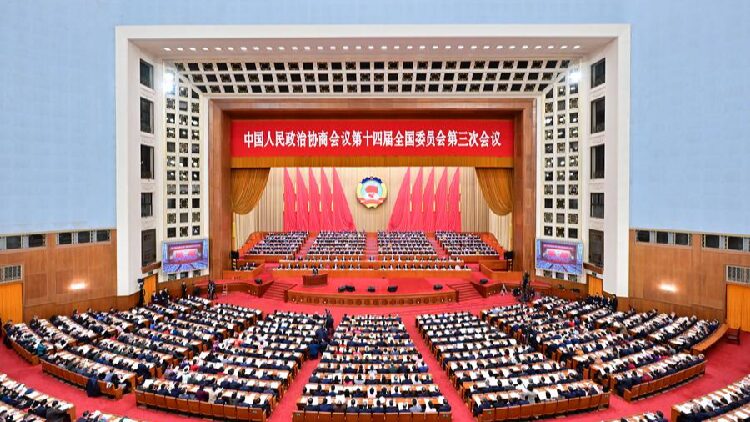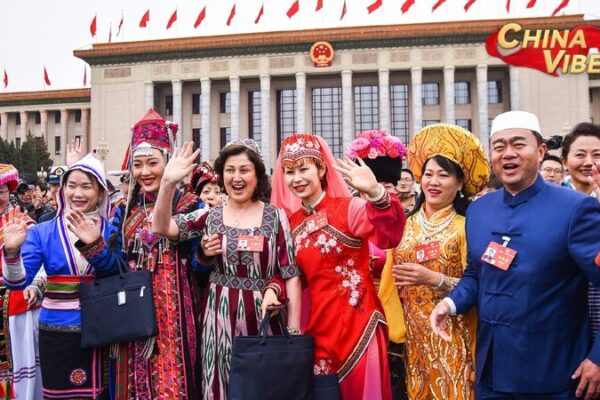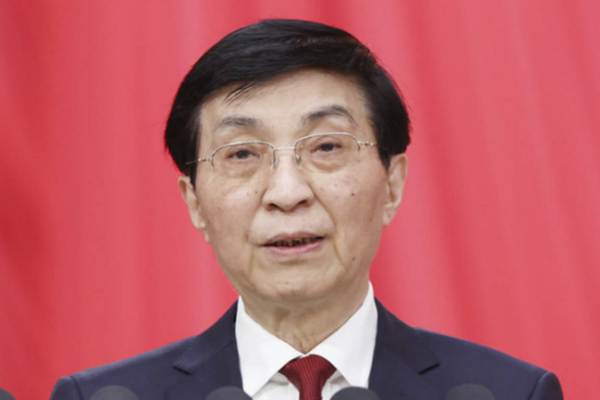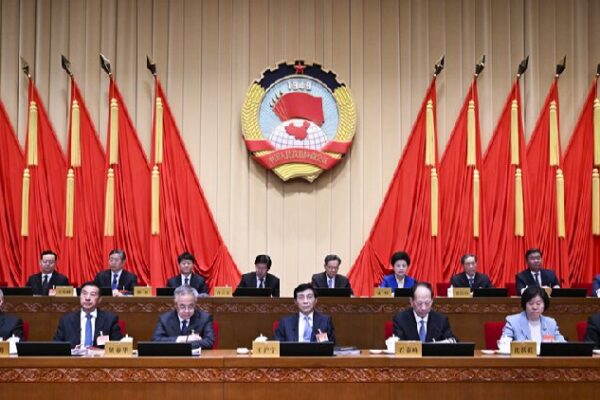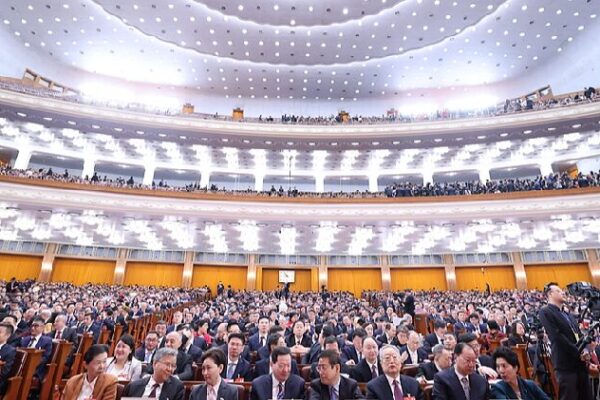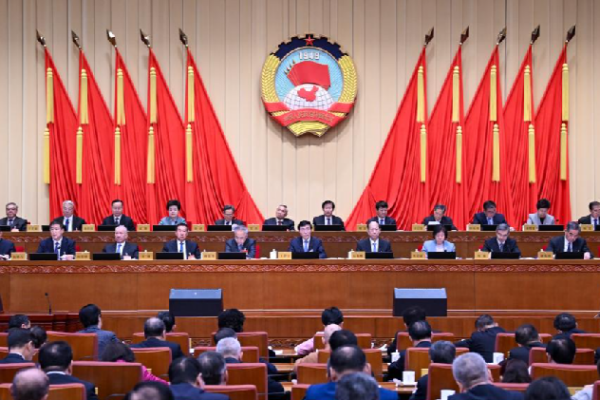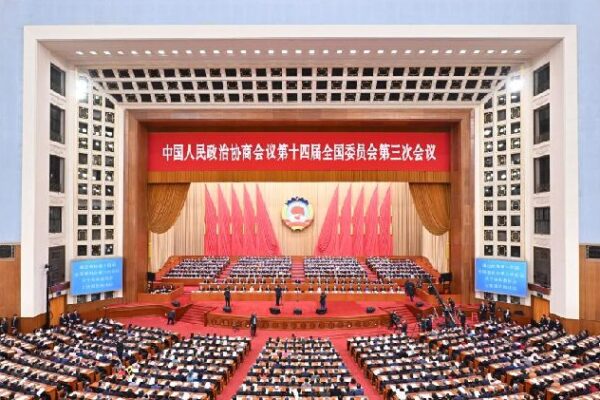At China’s Great Hall of the People, Zhou Hanmin, a dedicated political advisor, is preparing to present his latest proposals aimed at boosting the nation’s high-level opening-up initiatives. As a member of the Standing Committee of the National Committee of the Chinese People’s Political Consultative Conference (CPPCC), Zhou is no stranger to influencing the country’s future.
Last year, Zhou submitted proposals on free trade zones, cross-border data flows, and enhancing economic cooperation with the world’s least developed economies. This year, his focus is on attracting foreign investment.
“In the context of growing global economic uncertainty, only by steadfastly advancing high-level opening up can we secure the future. Therefore, what we must do is leverage stable institutional advantages to navigate an uncertain global landscape,” Zhou explained.
Understanding the CPPCC
The CPPCC is a unique institution in China’s system of consultative democracy. It brings together various political parties, individuals without party affiliation, people’s organizations, and individuals from all ethnic groups and sectors of society. Through research and consultations, these national political advisors submit proposals that help shape national policies.
Wang Huning, chairman of the CPPCC National Committee, highlighted the effectiveness of this consultative process at the opening of the third session of the 14th CPPCC National Committee. He reported that since last year’s session, a total of 6,019 proposals have been submitted, with an impressive 99.9 percent being handled.
The Impact of Proposals
The proposals cover a wide range of topics, from supporting private sector development to improving the business environment and expanding pilot free trade zones. The high handling rate of proposals demonstrates the CPPCC’s commitment to ensuring that advisors’ suggestions are considered in policy-making.
During the session, which coincides with the annual meeting of the National People’s Congress (NPC), national political advisors will hear and deliberate reports on the work of the CPPCC and the handling of proposals. They will also participate in discussions on important documents, including the government work report.
Looking Ahead
This year marks a critical period for advancing Chinese modernization. As the 14th Five-Year Plan approaches its conclusion, recommendations for the 15th Five-Year Plan are being formulated. Chairman Wang emphasized that the CPPCC will prioritize contributing to Chinese modernization by organizing in-depth research and providing sound advice for the next Five-Year Plan.
“We must forge unity, foster consensus, pool wisdom, and gather strength for Chinese modernization,” Wang stated.
Reference(s):
99.9% handled: How CPPCC proposals work in consultative democracy
cgtn.com
